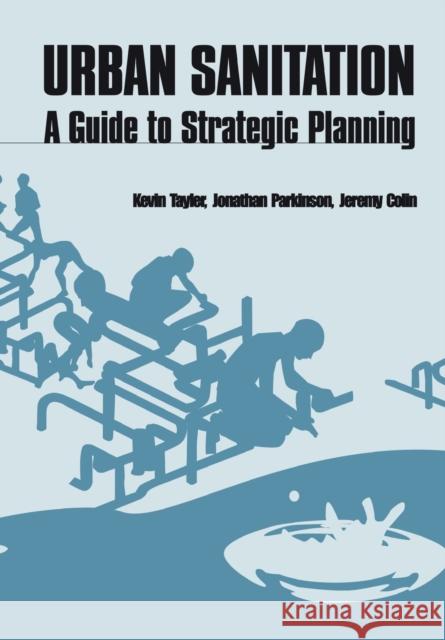Urban Sanitation: A Guide to Strategic Planning » książka
Urban Sanitation: A Guide to Strategic Planning
ISBN-13: 9781853395581 / Angielski / Miękka / 2003 / 256 str.
* Covers all stages of the planning process
* Unified urban sanitation planning is a vital weapon in the war against disease
The recent Johannesburg Earth Summit focused the world's attention on the importance of good sanitation. This guide to strategic planning for urban sanitation suggests options for approaching the challenging task of improving sanitation for the inhabitants of the rapidly growing towns and cities of the South. The specific focus of the book is upon the needs of the poor and marginalized communities who are the most likely to suffer from inadequate sanitation services.
The authors suggest the need for a step-wise approach to sanitation planning, in which planning objectives and the processes through which they are achieved are refined and developed in the light of experience, taking into account available information and a realistic assessment of available resources.
The main focus of the guide is on engaging with a wide range of stakeholder groups to plan at the municipal level. It emphasizes the need to spend time to -develop solutions- to sanitation problems before attempting to plan citywide. However, there is no one right place to start a strategic process, and planners and activists must look for the opportunities that are open to them in their existing situation. The guide therefore explores the action that can be taken to create an improved context for planning and for initiating improved planning processes at the local level, which may eventually lead to more widespread change and development.
The guide includes a number of chapters devoted to key aspects of the planning process, including creating and informing demand, gathering and analyzing information, choosing an appropriate technology, holding a participatory workshop and, last but not least, following up on the plan.











